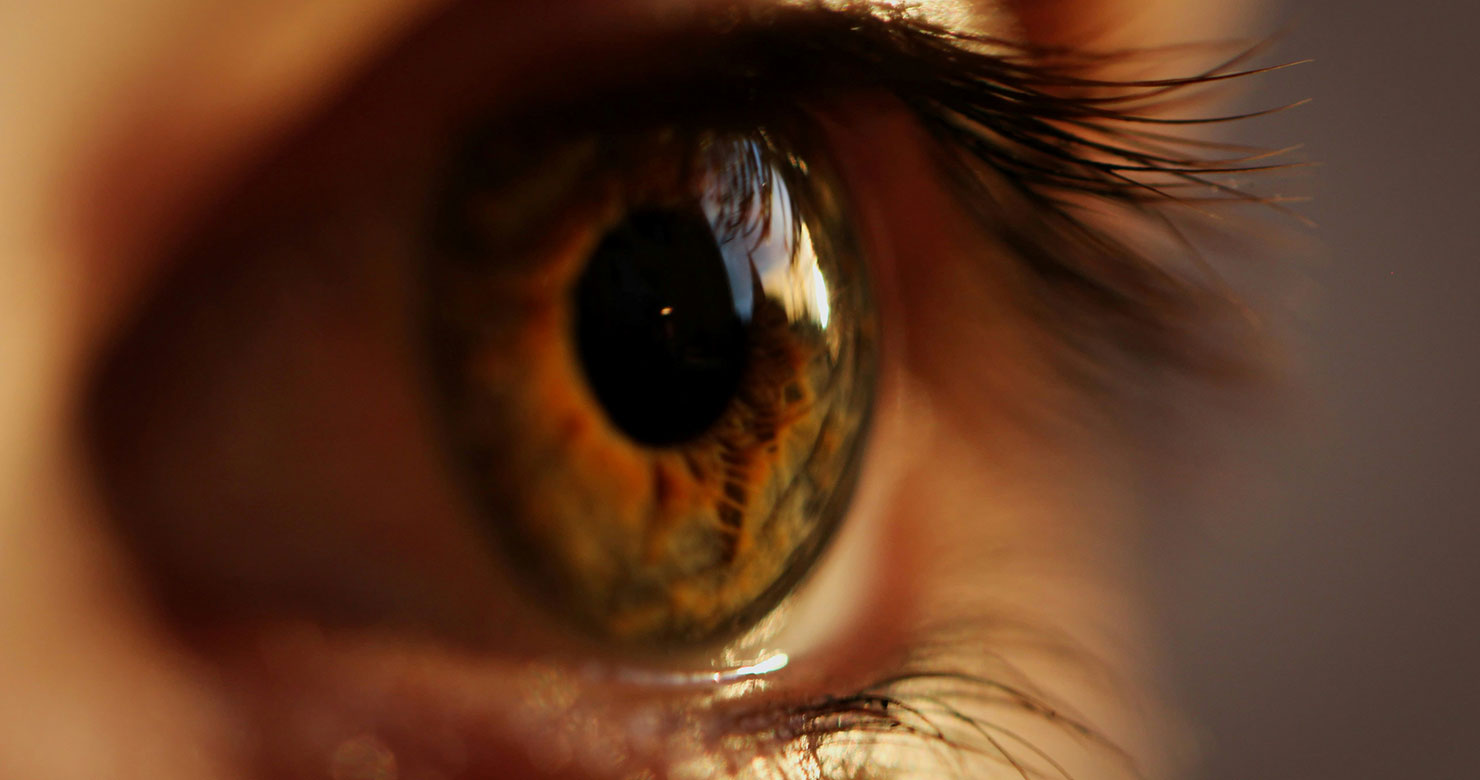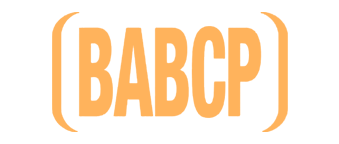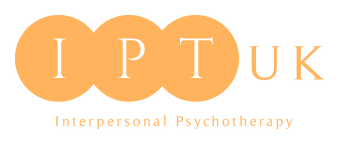“I’ve never done therapy before so I’m a bit anxious about it but I’m looking forward to our sessions”.
As a psychotherapist I get a lot of my clients are telling me how anxious they feel about starting therapy. On talking to them, most tell me that they don’t know what to expect. This month I have spent time to try and shed some light on what my clients can expect in the therapy sessions.
Each session will be about 50/60 minutes long and you can choose your preferred mode, either online via secure video conferencing, telephone or face to face.
Before each session, I will ask you to complete some questionnaires. I know this takes a bit of time, however, they are important to help us monitor how things are changing for you over time which helps shape our sessions. If you ever have any questions about this, please do raise them with me!
In CBT the structure of the therapy sessions is similar for the various presentations. I use a variety of techniques to change thinking, mood, and behaviour. In the first session, I will ask you some questions. This is so we can start to get an idea about what’s important to you and what you want to achieve.
Planning the session
At the start of a session, I will endeavour to build a warm, trusting, and safe working relationship with you. I will check your mood and any problematic symptoms, or any other experiences in the past week. I will encourage you to bring any problems you may be struggling with in the coming weeks ahead. Try to say the names of the problems. For example, you might like to bring up a problem you are experiencing with your boss, or that you’ve been arguing with your partner. You will be supported to identify your critical therapy goals.
Out of session Practice
We will agree an out of session practice activity during each session, and this will be discussed as part of the plan for the next session. You will be encouraged to bring a specific problem to be discussed. You will be asked about your thoughts, emotions and behaviours associated with the problem. We will collaboratively plan a strategy which most often includes problem-solving, identifying and evaluating the negative thinking patterns related to the problem and or behaviour change ideas.
Once we both come to a collaborative working strategy, we will agree an out of session practice/activity and review that at the start of the next session. We will then turn to any other problems that you would like help with.
Seeking feedback
You will be asked for feedback at the end of the sessions. Typical questions would be: What did you think about the session? Was there anything that bothered you or is there something you thought I misunderstood? Is there anything you would like to do differently next time?
As I practice in other psychotherapeutic modalities (IPT, EMDR) IC Therapies, I will sometimes have to discuss and provide the clinical radiational to combine treatment approaches for example combining CBT and EMDR often helps clients to get better faster. If you feel unsure or hesitant about this, then we can agree to use a defined modality for example purely CBT interventions.
Here are some tips to help you get the most out of your therapy sessions:
- Attend your sessions regularly as agreed with your therapist.
- Come to therapy prepared with a problem you would like help with (Agenda item)
- As your therapist I want to help you gather as much information about the problem as possible. I tell my clients that it feels much more challenging trying to solve a problem you don’t understand.
- Try to get a ‘take home message’ from each session that you will be practicing out of session.
- Use a therapy notebook to summarise the important points of each therapy session
Choosing to start a course of therapy is a positive step forward why don’t you get in touch via our website today? We are ready to work with you on your recovery journey.






